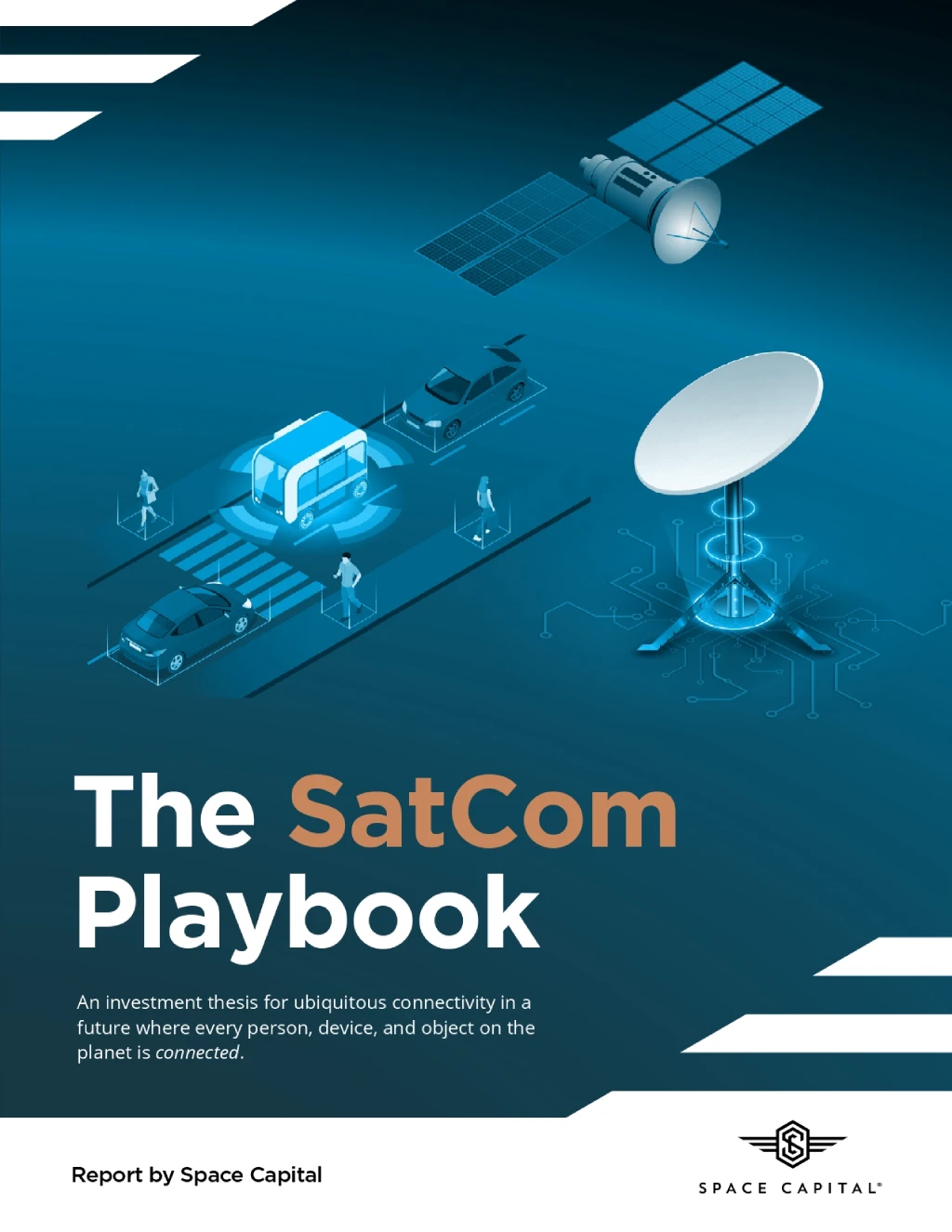.avif)
The SatCom Playbook
With a significant reduction in launch costs, improvements in satellite manufacturing, and more, the SatCom industry is poised to transform how a modern internet experience can be delivered, at global scale.

.avif)
With a significant reduction in launch costs, improvements in satellite manufacturing, and more, the SatCom industry is poised to transform how a modern internet experience can be delivered, at global scale.

Today, individuals, corporations, and governments connect to the internet through a variety of mediums including cable, fiber, satellite, and cellular through more devices than we ever thought possible. However, with each method that connects to the internet there are a set of tradeoffs that impact bandwidth, latency, and coverage. To meet the needs of the unique audiences that connect to the internet, coverage is king. But gaps exist in both quality and coverage in today’s networks that prevent even basic communications systems.
While terrestrial connections have evolved from Dial-Up to Fiber, the Satellite Communications (SatCom) industry has largely been unchanged. The early Geostationary Earth Orbit (GEO) satellites that provided connectivity were comparable to Dial-Up or DSL delivering coverage with limited bandwidth.Today’s applications, however, such as streaming, video calls, and homes full of connected devices require higher bandwidth and lower latency to achieve a modern internet experience.
With a significant reduction in launch costs, improvements in satellite manufacturing, broad adoption of cloud computing, and a growth in private capital fueling innovation, the satellite communication (SatCom) market is forecasted to transform how a modern satellite internet experience can be delivered, at global scale.
To learn more about the transformation of the SatCom industry and the overall satellite communication market, watch the video above and download The SatCom Playbook below. Part SatCom market report and part overview of the global SatCom market, the SatCom Playbook can help guide investment to a more connected world.
The SatCom Playbook
